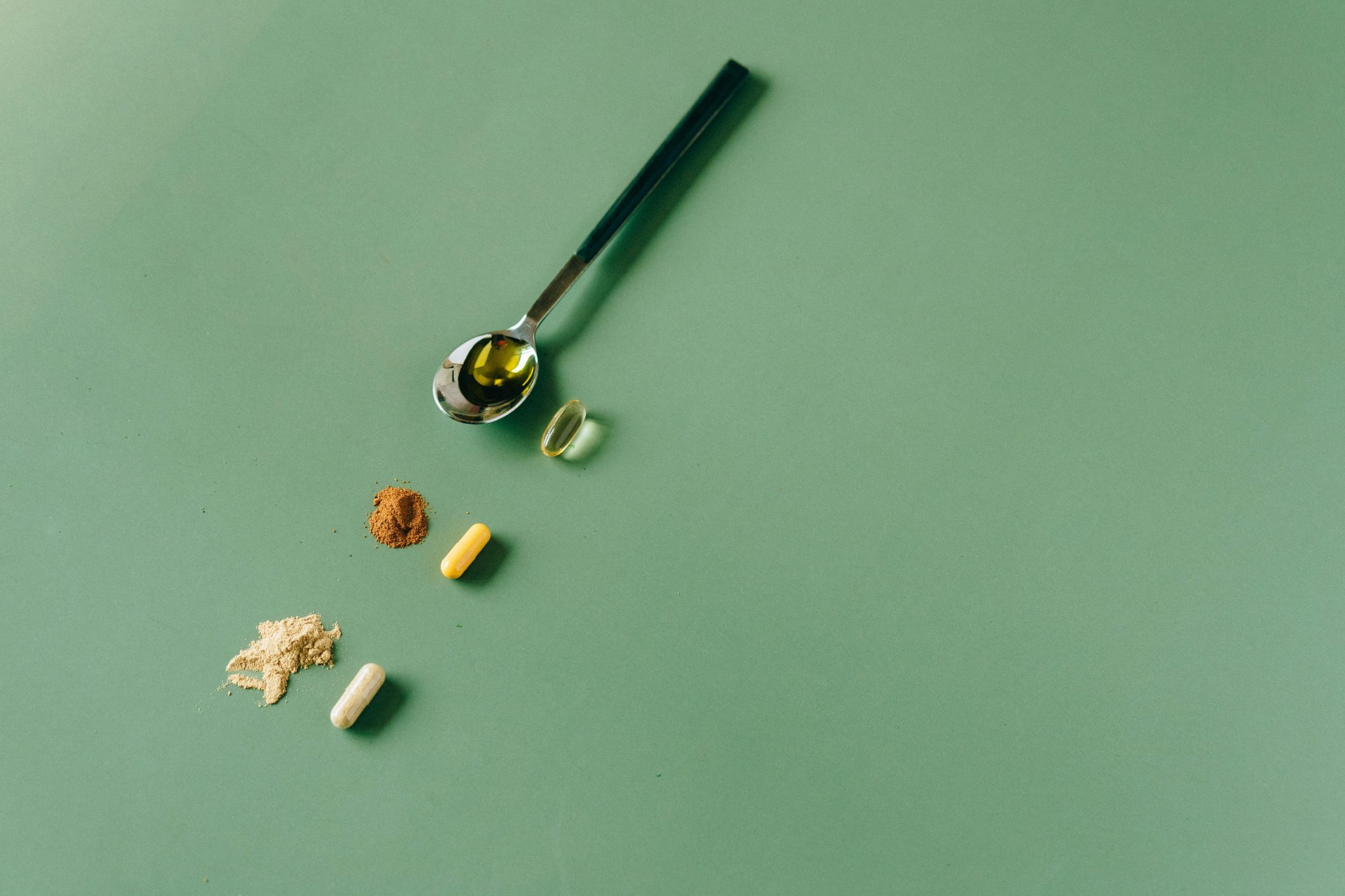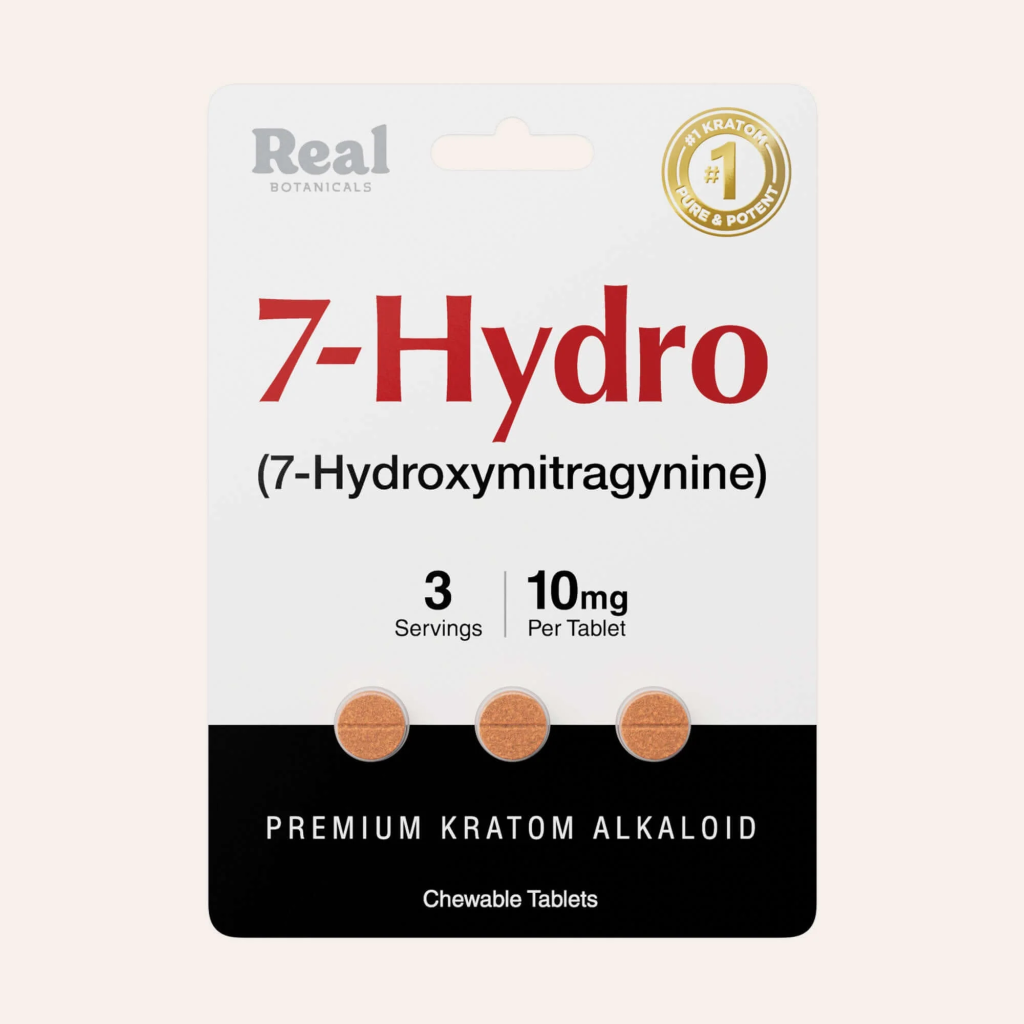If you have spent time reading about kratom, you have probably seen one alkaloid mentioned more than the rest. 7-hydroxymitragynine. It is talked about as powerful, misunderstood, and one of the biggest reasons lawmakers and researchers pay attention to kratom. As kratom becomes more recognized in the botanical wellness world, more people want clear answers. What is this alkaloid, and is it legal to buy and use?
Below is a clear and balanced explanation of what is 7-hydroxymitragynine, the current regulation of this kratom product, and what consumers should know moving forward.
What Is 7-Hydroxymitragynine?
7-Hydroxymitragynine, often abbreviated as 7-OH, is a naturally occurring alkaloid found in the leaves of Mitragyna speciosa, commonly known as kratom. It appears in extremely small concentrations in raw leaf, usually 2 percent or less, but it has a stronger receptor affinity than most other kratom alkaloids. That is why even a tiny amount can play a noticeable role in kratom’s effects for many users.
People who prefer strains or extracts with a higher perceived level of relaxation often point to quality 7-hydro kratom products. Many describe deeper calm, stress relief, support, and comfort during recovery routines. Keep in mind that kratom is not approved by the U.S. FDA for medical use, so claims are based on user experience rather than official medical classification.
Why Does 7-Hydroxymitragynine Get Attention?

Interest in 7-OH comes down to two big points. Potency and policy.
Although mitragynine is the dominant alkaloid in kratom, 7-OH binds more strongly to certain receptors. That leads some manufacturers to create naturally enriched extracts. These products remain within the plant’s chemistry but highlight specific alkaloids for individuals seeking a stronger effect.
Regulators pay attention because concentrated natural alkaloids have more noticeable effects than plain powdered leaf. Some lawmakers worry that companies may go beyond natural levels and transform a traditional plant into something more processed. As a result, some states have suggested or passed limits on how much 7-OH can legally be in a commercial kratom product.
Safety Considerations
Like anything powerful and plant-derived, responsible use matters. The strongest kratom can result in strong results that new kratom users might not be able to withstand like nausea, dizziness, digestive discomfort, or dependency risk if taken in heavy amounts for extended periods.
Serious incidents are rare. When they do occur, they frequently involve mixing kratom with other drugs, alcohol, or medications. Consumers should avoid combining kratom with other substances and speak to a healthcare professional if they take prescriptions that may interact with botanicals.
Is 7-Hydroxymitragynine Legal?
Federal Law
At the federal level in the United States, kratom and its alkaloids, including 7-OH, are legal. The DEA attempted to schedule it in 2016 but withdrew after public and scientific pushback.
The FDA does not approve kratom for medical use and continues to monitor imported products.
State Laws
Legal status changes depending on where you live. As of 2025:
Allowed and regulated under the Kratom Consumer Protection Act:
Arizona, Georgia, Nevada, Colorado, Florida
Banned:
Alabama, Arkansas, Indiana, Rhode Island, Vermont, Wisconsin
Certain states regulate the amount of 7-OH that can be present.
Examples:
Texas allows kratom but limits products to 2 percent 7-OH or less.
Montana has discussed limits on concentrated alkaloids.
Some towns, such as Tinley Park and Illinois, have their own local rules.
International Laws
Countries with kratom or alkaloid bans include:
Australia, New Zealand, France, Ireland, Switzerland, Singapore, Japan, Israel, Estonia, Portugal, Russia, Latvia, Italy, Lithuania
Travelers should always check destination laws.
Natural vs Synthetic Concerns
There is a significant difference between pure 7-hydro and synthetic or chemically manipulated 7oh. A high-quality kratom vendor like Real Botanicals extract alkaloids from real kratom leaves using new tech like Chromapure. Poor-quality or illegal operations might attempt chemical modifications, which raises both safety and legal concerns in many regions.
Consumers should always look for lab testing, transparency, and information on sourcing before making a purchase.
Why Regulation Exists

Lawmakers focus on kratom and 7-OH for public safety reasons. Advocates agree that regulations preventing the addition of adulterants and harmful additives are beneficial. However, many argue that responsible adults should retain access to natural botanical products and that bans only push people toward unsafe markets.
Groups like the American Kratom Association work to educate lawmakers and promote regulation that protects consumers without restricting access to natural leaf products.
Staying Informed
Kratom laws evolve quickly. Anyone purchasing kratom or 7-hydroxymitragynine-containing products should check:
- State legislative pages
- FDA and DEA updates
- Advocacy organizations
- Public health announcements
Staying up to date with kratom laws helps ensure compliance and the safe and legal use of the product.
Final Thoughts
7-hydroxymitragynine is a naturally occurring alkaloid in kratom that plays a significant role in its effects. It is federally legal in the United States and legal in many states, although a number have bans or special regulations. Responsible use, lab-tested products, and legal awareness are essential for anyone choosing to use kratom.
The best path forward is informed decision-making. Kratom has a long cultural history, but as it rises in popularity, transparency, education, and quality control will define its future.





















